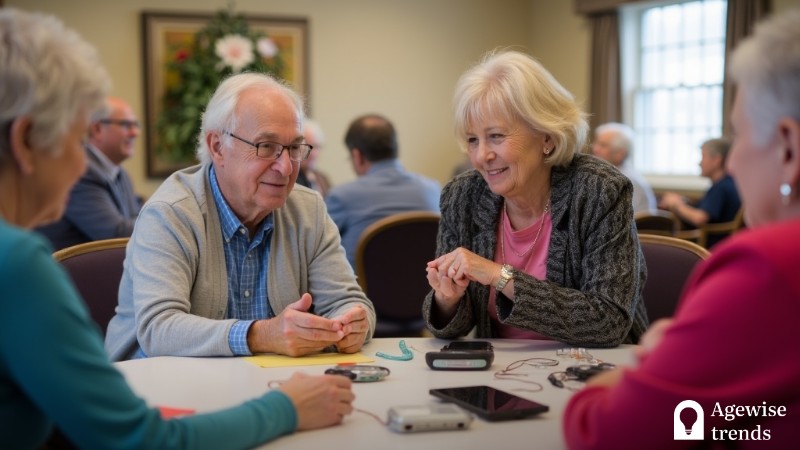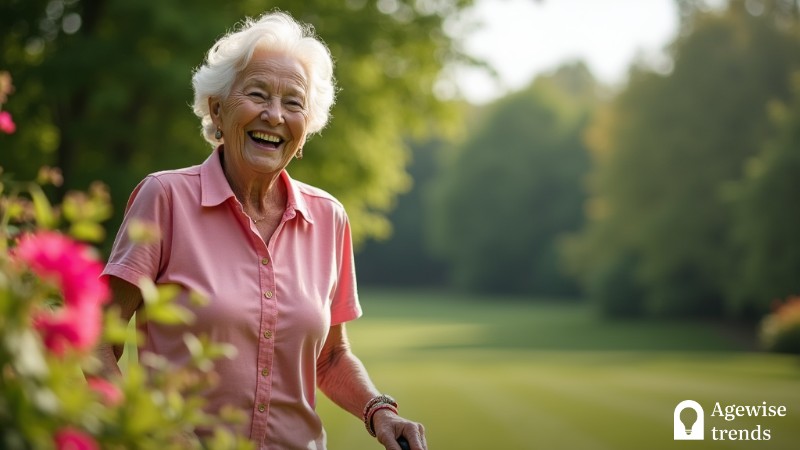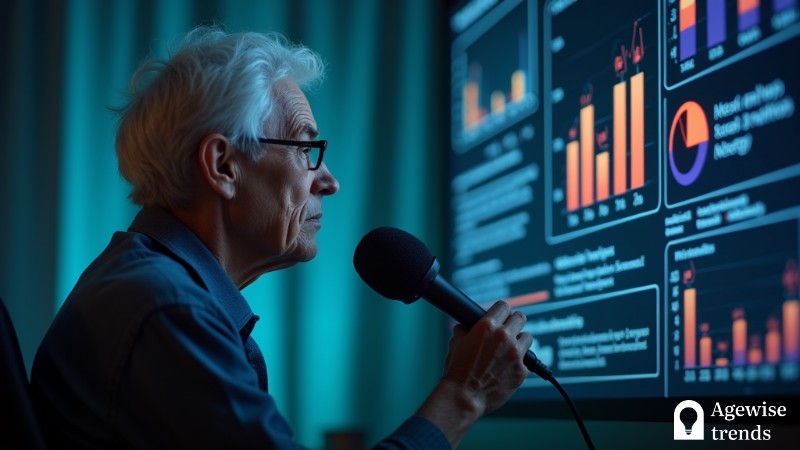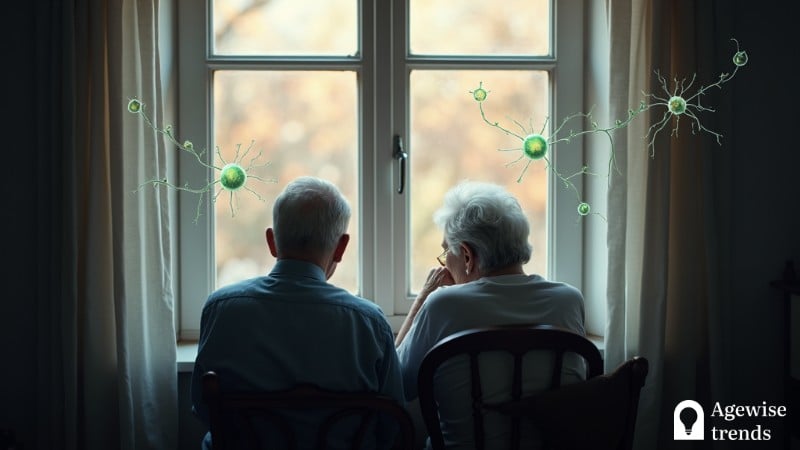With more Americans living longer, accessible community programs have become a key part of aging well. Programs like the Friendship Center and the Friendship Bench create welcoming spaces where seniors can engage with others, find purpose, and get support for mental well-being.
Activities that encourage socialization, along with modern solutions like telemedicine, help seniors stay active, independent, and connected. Senior centers, mental health programs, and intergenerational activities also help seniors stay engaged and supported so they can live fulfilling lives.
Key Takeaways
Community programs are boosting senior living and mental health in the United States by offering social engagement, cognitive stimulation, and emotional support.
- Programs like the Friendship Center offer tailored activities for seniors with dementia, promoting socialization and overall well-being.
- Structured community initiatives provide essential health services and actively combat isolation among seniors through a variety of activities.
- The Friendship Bench program trains local volunteers to deliver mental health care in everyday, non-clinical settings, reducing stigma and improving access.
Friendship Center: A model for meaningful aging
Founded in 1976 in California, the Friendship Center provides a welcoming environment for individuals living with dementia. Its person-centered approach tailors daily activities to members’ interests and abilities, offering a structured yet flexible experience. Activities such as nature walks, beach outings, and creative workshops foster a sense of belonging and emotional fulfillment while providing much-needed respite for caregivers.
The center’s adult day program ensures seniors receive social and cognitive stimulation in a safe, engaging environment. Through music, art, movement, and socialization, seniors maintain their physical and emotional well-being while continuing to live in their communities. The program’s affordability and accessibility make it a valuable alternative to costly memory care facilities, offering family members peace of mind while ensuring seniors receive quality care.
Community programs for seniors
Structured community programs provide seniors with opportunities to build connections, engage in social activities, and access essential health services. Senior centers, volunteer programs, and social groups create a sense of routine and emotional stability, helping seniors combat isolation. Activities such as group exercises, arts and crafts, and educational workshops contribute to cognitive engagement and overall life satisfaction.
Support networks also offer emotional and practical assistance with daily tasks, mobility challenges, and healthcare access. These programs foster social inclusion and physical activity, helping seniors maintain their independence and improve their quality of life. Access to these structured programs ensures seniors remain active members of their communities while benefiting from the support of their peers and caregivers.
Friendship Bench for mental health
In Zimbabwe, Dr. Dixon Chibanda launched the Friendship Bench program in 2006 to address the shortage of mental health professionals. The initiative trains community health workers, commonly referred to as ‘grandmothers,’ to provide problem-solving talk therapy. Sessions take place in accessible public spaces, such as clinics and churches, ensuring individuals struggling with depression and anxiety receive the help they need in a non-clinical setting.
The Friendship Bench has expanded beyond Zimbabwe to countries such as the United States and Canada, proving its effectiveness in diverse communities. This model reduces the stigma associated with mental health care while offering a scalable, cost-effective solution for underserved populations. By incorporating local support systems, it ensures that those in need receive immediate and compassionate care.
Social connection and well-being
Social activities are important for senior mental health. Mentorship programs allow seniors to share wisdom with younger generations, while art workshops provide creative expression and cognitive stimulation. Nature walks offer both exercise and social interaction, and sharing life stories boosts self-esteem and strengthens connections.
Technology also helps seniors stay connected. Video calls, virtual groups, and telemedicine provide social and medical support, while wearable devices like fall detectors improve safety. By blending social engagement with modern tools, seniors can stay active, independent, and supported in their daily lives.
Ensuring seniors have access to meaningful engagement and support systems is essential for their overall well-being. Programs that encourage social interaction, cognitive stimulation, and emotional support help older adults maintain their sense of purpose and independence.
Expanding access to senior-focused initiatives, both in-person and through technology, strengthens community connections and improves quality of life. Providing seniors with the right resources allows them to stay active, secure, and engaged, fostering a sense of belonging and continued personal growth.















